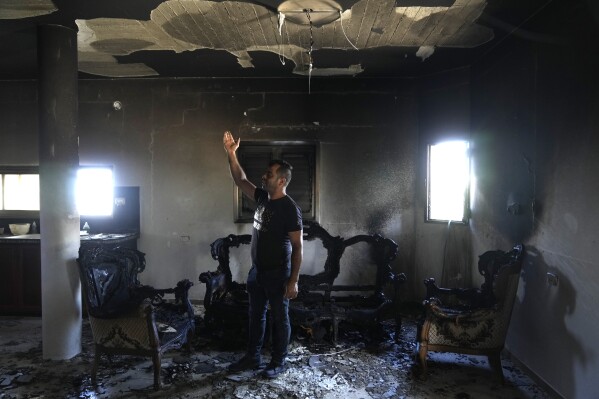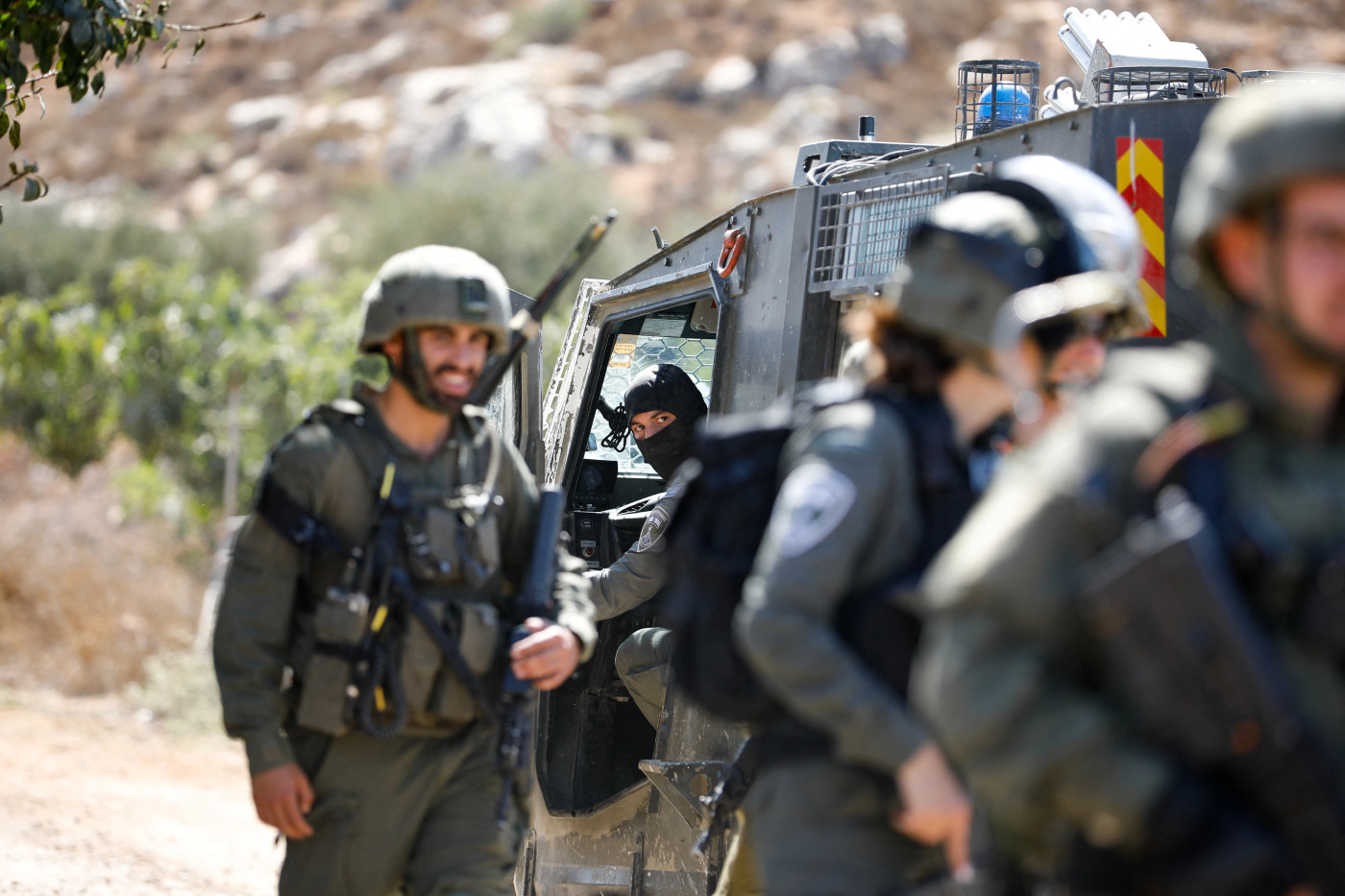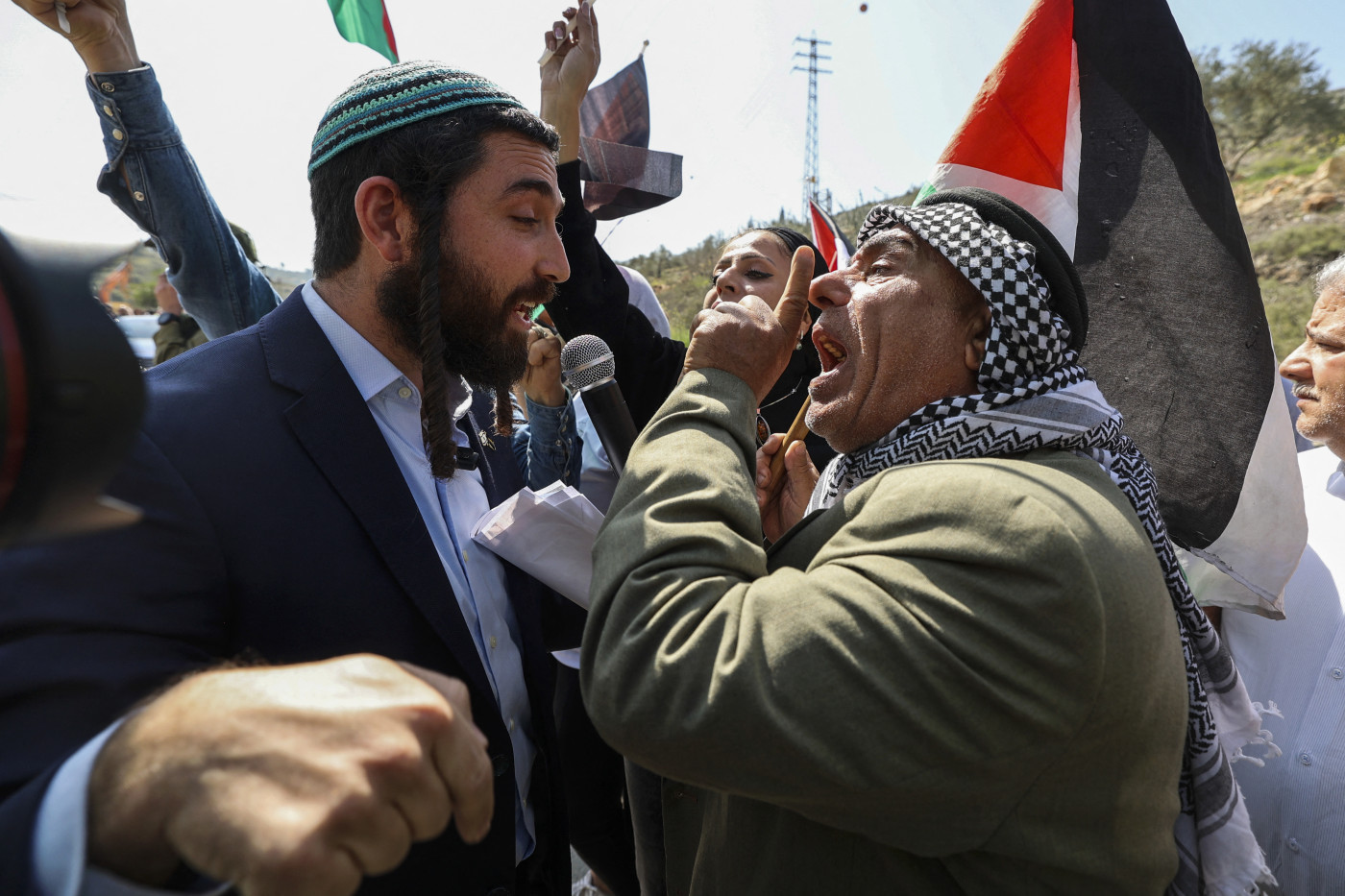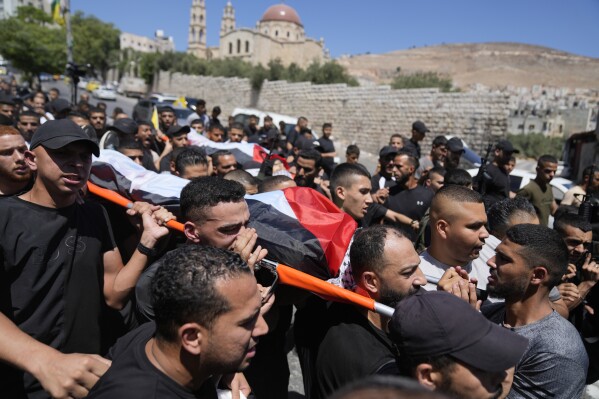NATO Commander Slams Putin's Kursk Response: 'Slow and Scattered"
Russia is scrambling to formulate a coherent strategy to quell the continual loss of its territory in Kursk, and its response to Ukraine's surprise incursion has drawn criticism from both military experts and Europe's top brass.
During a Tuesday event hosted by the Council on Foreign Relations, General Christopher Cavoli said: "Russia is still piecing together its response to Ukraine's invasion. So far, it has only been a rather slow and scattered reaction."
Cavoli currently serves as the Supreme Allied Commander Europe, the second-highest ranking military figure within NATO, second only to the Military Committee Chair Rob Bauer.
Cavoli, who hailed the "operational and tactical surprise" achieved by Ukraine in Kursk, attributed Russia's tardy and chaotic response to the lack of a clear command structure.
"Russia does not establish who has authority," the general said. "The Ministry of Defense is responsible for military operations inside Ukraine, but not inside Russia, right?"
James Nixey, director of the Russia and Eurasia Program at Chatham House, told Newsweek that Russia had been caught on the back foot by the "deeply humiliating" Ukrainian incursion.
"This is clearly a much bigger operation than initially was understood. Like the attempted coup by Yevgeny Prigozhin last June, it weakens the leader politically (although maybe only temporarily)," Nixey said. "Second, any encroachment into Russian territory from a country that Russia declares is not even a country is an outrage."
Newsweek has contacted the Russian Foreign Ministry via email for comment.
According to the Institute for the Study of War (ISW), which has tracked the progress of Ukraine's raid since it began on August 6, Russia has so far failed to outline who will assume responsibility for halting Ukraine's advances.
"The Kremlin and the Russian military command are creating a complicated, overlapping, and so far, ineffective command and control structure for the Russian response to the Ukrainian incursion in Kursk Oblast," the ISW wrote in its most recent assessment of the offensive.
On Thursday, Russian Defense Minister Andrei Belousov announced the creation of a "coordination council" within the Russian Ministry of Defense for the Belgorod, Bryansk, and Kursk oblasts.
Writing on Telegram, the minister said this would "increase the efficiency of comprehensive support for troop groups that are solving the tasks of covering the state border and protecting the territory and population of the regions."
However, as pointed out by the ISW, it is not clear how this new council will interact with the other bodies established to deal with Ukraine's raid, including the Federal Security Service's "counter-terrorism operation" launched on August 9.
"The MoD's coordination council and the FSB's counterterrorism operation will likely generate continued confusion about what structures are responsible for what aspects of the Russian defensive operation in Kursk Oblast and will likely lead to friction between the FSB and the Russian military," the ISW wrote.
The ISW added that the Kremlin's "confused" approach highlights the fact that Russia failed to anticipate any significant incursion into its territory.
Do you have a story we should be covering? Do you have any questions about this article? Contact LiveNews@newsweek.com.
Disclaimer: The copyright of this article belongs to the original author. Reposting this article is solely for the purpose of information dissemination and does not constitute any investment advice. If there is any infringement, please contact us immediately. We will make corrections or deletions as necessary. Thank you.



